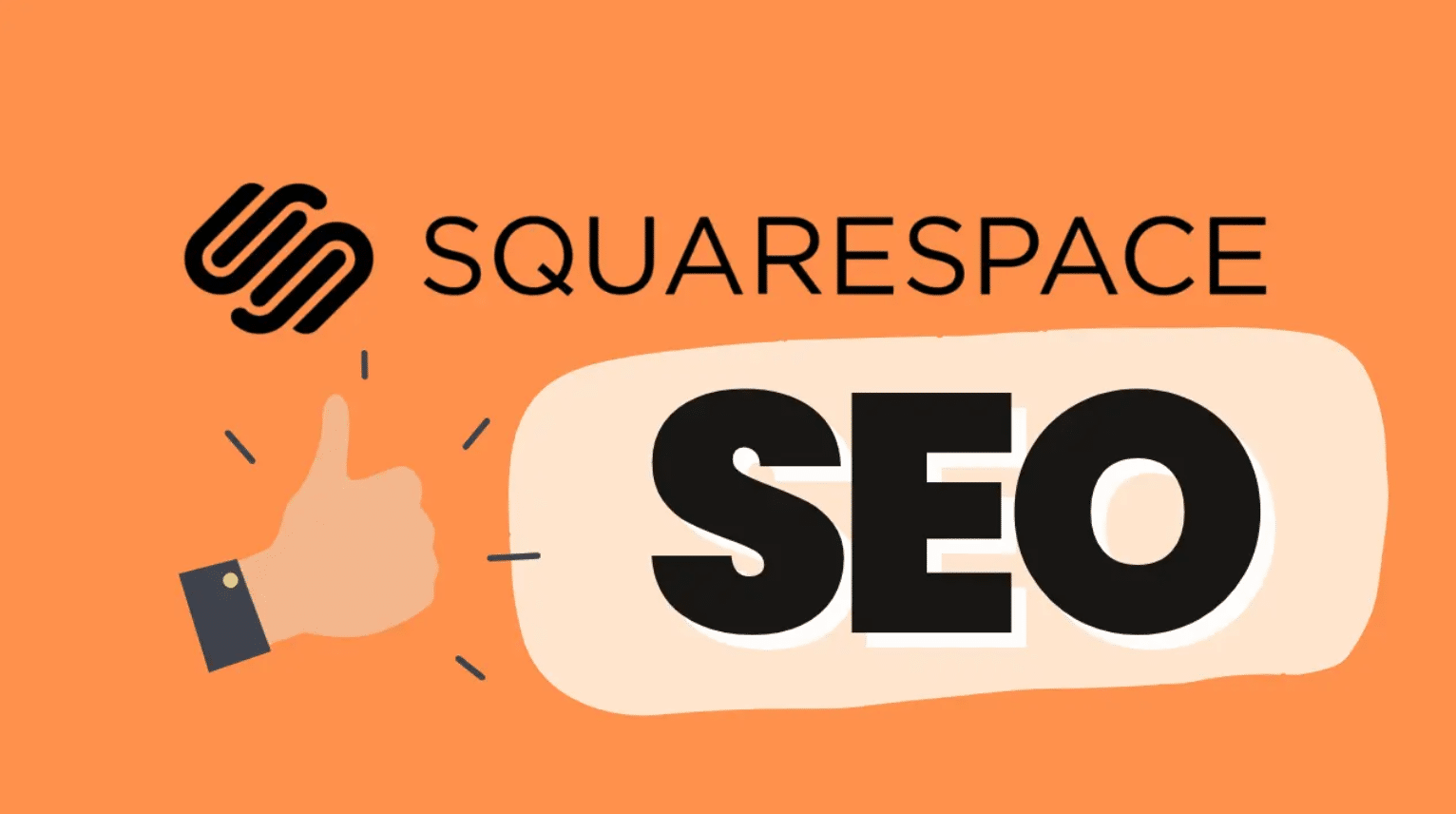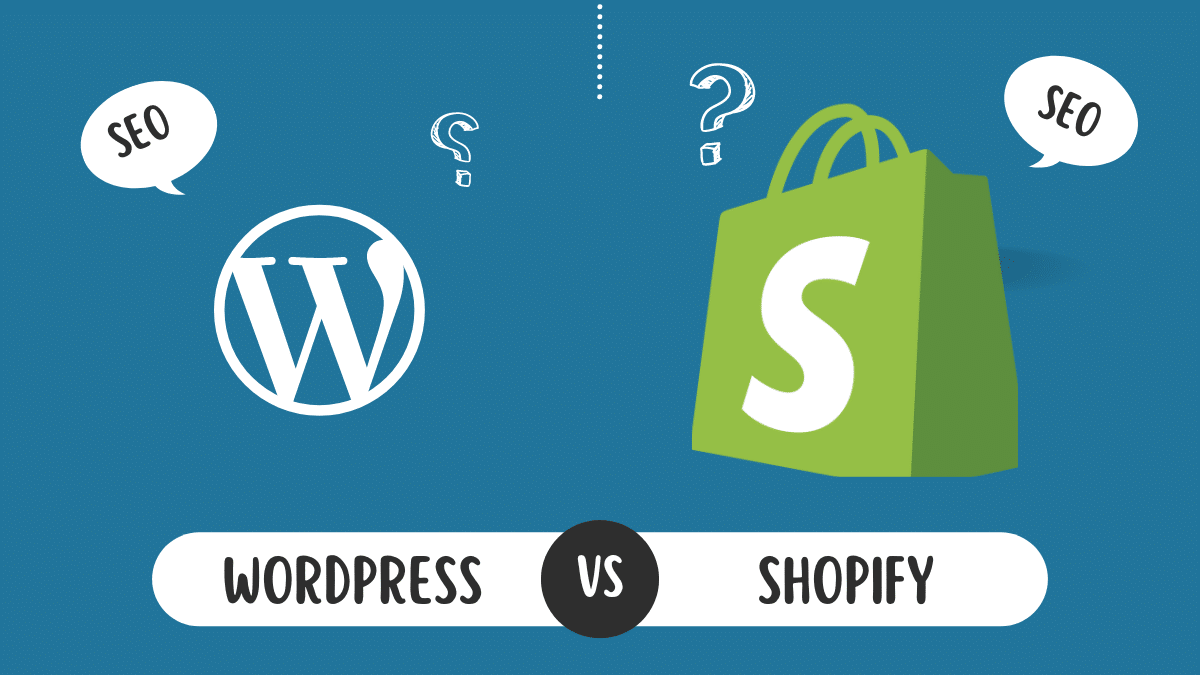In the modern competitive business world, digital marketing is a key to the development and success of any brand. Nevertheless, not all companies, particularly small ones, can afford the resources, skills, or time to conduct their own digital marketing. Here is where white label digital marketing enters the scene. However, what does this term imply and how can it be helpful to your business?
This article will deconstruct the term white label digital marketing, describe how it functions, and discuss the benefits it can bring to both businesses and agencies.
What is White Label Digital Marketing?
White label digital marketing is the services offered by one business (usually an agency or expert) and resold by another business, usually a marketing agency or business that does not specialize in the services. In essence, the company that provides the white label service is the one that does the work, but the marketing agency or business brand receives the accolades.
As an example, a company can outsource their SEO, social media marketing, or paid advertisements to a white-label agency. The white-label agency does all the work and presents the outcomes under the name of the business. This enables companies to provide a wider variety of services without the need to employ more people and acquire expertise in the fields.
How Does White Label Digital Marketing Work?
White label digital marketing is an easy process and it generally goes through the following steps:
1. A white label provider partners with a business or agency: This may be an SEO agency, PPC expert, content marketing firm or any other form of digital marketing service provider.
2. The rest of the work is done by the white label provider: They perform the required marketing activities, including keyword research, content production, social media management, and so on, but within the framework of the goals and needs of the business.
3. The work is rebranded: After the marketing services are delivered, they are rebranded with the name, logo and identity of the business or agency as though the services were performed internally.
4. The end result is sold to the client: The business or agency will then sell the work to their client as their own.
The model enables businesses to diversify their services without incurring the cost of building competencies or recruiting new talent.
Types of White Label Digital Marketing Services
White label digital marketing may include a variety of services.
Some of the most popular ones include:
Search Engine Optimization (SEO)
SEO plays a very important role in making a site more visible in a search engine such as Google. White label providers are used by many agencies to take care of their clients in terms of SEO. These are keyword research, on-page optimization, link-building strategies, and content creation. The white label provider is the one who does the behind the scenes work and the agency is the one who gets the credit.
Social Media Marketing
Facebook, Instagram, LinkedIn, and Twitter are some of the social media platforms that are essential in developing an online presence of a brand. White label social media marketing services enable the agencies to provide content creation, account management, and paid advertising on social media sites without necessarily having to execute such campaigns.
Pay-Per-Click (PPC) Advertising
Google Ads or Facebook Ads are examples of PPC advertising, which is a very efficient method of traffic generation. White label PPC services include the establishment, optimization, and management of advertisement campaigns. The agencies are able to provide such services to their clients without necessarily employing a PPC expert in-house.
Content Marketing
Production of quality and engaging content is one of the main elements of any effective digital marketing strategy. White label content marketing services involve the writing of blog posts, articles, case studies, and so on. Agencies are able to outsource the content production to white label providers and still provide quality content to their clients.
Website Design and Development
Not all businesses require marketing services only; some require a total overhaul of their websites or even a new one. White label web design and development services enable agencies to provide such solutions without having to employ a group of developers.
Benefits of White Label Digital Marketing
Scalability
Scalability is one of the greatest advantages of white label digital marketing. Small companies or agencies that are unable to perform some of the digital marketing activities internally can easily expand by providing a broader scope of services. This assists agencies to expand their business without employing more people or acquiring new technology.
Cost-Effective
White label digital marketing enables agencies to offer end to end marketing services without incurring the costs of recruiting specialists in every area. Agencies are only charged on the services they consume and this is cheaper compared to developing an in-house team. This cost saving advantage is also transferable to the clients and thus it is a good alternative to businesses operating on low budgets.
Focus on Core Competencies
Outsourcing to a white label provider allows businesses and agencies to concentrate on their core competencies, whether that is client relationships, strategic planning, or general business management. In this manner, businesses will be able to expand their services without being overwhelmed by the daily marketing activities.
Access to Expertise
The white label providers tend to be experts in their area of work and provide services that are supported by knowledge and new tools. Agencies that do not have profound understanding of some of the digital marketing fields can take advantage of the skills and experience that these providers possess. This enables businesses to provide quality services to their clients without necessarily being an expert in all aspects.
Branding Flexibility
The benefit of white label digital marketing services is flexibility of branding. The agency or business name is used to brand the service, and this enables them to be consistent and have control over the presentation of their brand. The clients might not be aware that the work is being outsourced and this is to make sure that the agency gets all the credit for the services offered.






